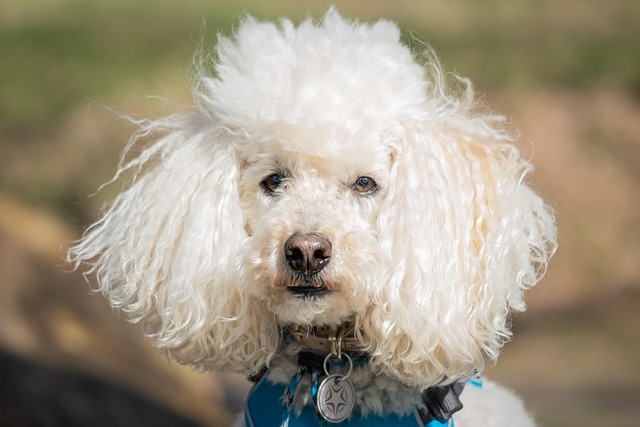In the days spent with dogs, they are like our family, bringing us endless warmth and joy. However, when the dog suddenly experiences separation anxiety, this harmony and beauty seem to be shrouded in a shadow. A well behaved and sensible dog may become extremely anxious when its owner leaves, and even exhibit behaviors such as damaging furniture and barking incessantly. This not only troubles the owner, but also makes us feel heartbroken. So, what should we do when a dog suddenly experiences separation anxiety?
There are various forms of separation anxiety in dogs. When the owner is ready to go out, the dog may closely follow and even try to stop the owner from leaving, making urgent cries and eyes full of anxiety and fear. After the owner leaves, they may wait for a long time at the door, pacing non-stop, or gnawing on furniture, scratching doors and windows, trying to find their owner's trace. Some dogs may also express their anxiety by barking incessantly, which not only affects their neighbors but may also damage their vocal cords. In more severe cases, dogs may experience symptoms such as loss of appetite and mental exhaustion, and may also lose interest in toys and games they used to enjoy. Every time I see my dog in such pain due to separation anxiety, my owner's heart feels like it's being pulled, just wanting to help them get out of this predicament as soon as possible.
Dogs suddenly experience separation anxiety due to various reasons. The sudden change in living environment may be an important factor. For example, moving, changing owners, or having new members join the family can make dogs feel unfamiliar and uneasy. Their familiar scent, environment, and lifestyle patterns are disrupted, leading to a strong sense of insecurity. I remember a friend's dog became extremely clingy after moving, and as soon as the friend left his sight, he would start to become restless and agitated. The growth experience of dogs can also have an impact on them. If dogs lack sufficient social training during their puppy years and have not learned how to face separation independently, they are more likely to experience separation anxiety as they grow up. In addition, the owner's excessive indulgence in daily life has caused the dog to become overly dependent on the owner. Once the owner leaves, they will fall into panic.

In the face of separation anxiety in dogs, the first thing we need to do is to identify the cause and then prescribe the right medicine. If it is caused by changes in the living environment, we should try our best to help dogs adapt to the new environment. You can bring familiar toys and mats for your dog, so that they can also feel the familiar scent in a new environment. Spend more time with dogs, play and interact with them, and gradually familiarize them with people and things in the new environment. When dogs feel safe and comfortable in a new environment, separation anxiety will also decrease accordingly.
Training dogs' independence is the key to solving separation anxiety. We can start with some small steps, such as briefly leaving home for a few minutes, and gradually extend the time of departure. When leaving, do not show excessive reluctance to let your dog notice your unease. After returning home, do not immediately give excessive attention and wait for the dog's emotions to stabilize before interacting. Through such training, dogs can understand that they will come back after their owners leave, gradually establishing a sense of security. Every time the owner sees the dog gradually adapting to separation during training, they feel immensely gratified because the dog is slowly overcoming its fear.
Creating a comfortable alone space for dogs is also very important. You can set up a dedicated nest for dogs in the room, with soft cushions and toys they like. When the owner leaves, let the dog stay in this safe little nest so that they will feel more at ease. At the same time, you can also play some soft music in the dog's room or use a white noise machine, which can mask external noise and make the dog feel relaxed.
Sudden separation anxiety in dogs is a challenge for both them and their owners. But as long as we understand their needs with care, guide and train them with scientific methods, and accompany them with love and patience, we can definitely help dogs overcome separation anxiety. When we see dogs no longer anxious and uneasy about separation, and can play and enjoy life happily, the joy and satisfaction are indescribable. Let's work together to create a safe and loving home for dogs, accompanying them through every happy day.






